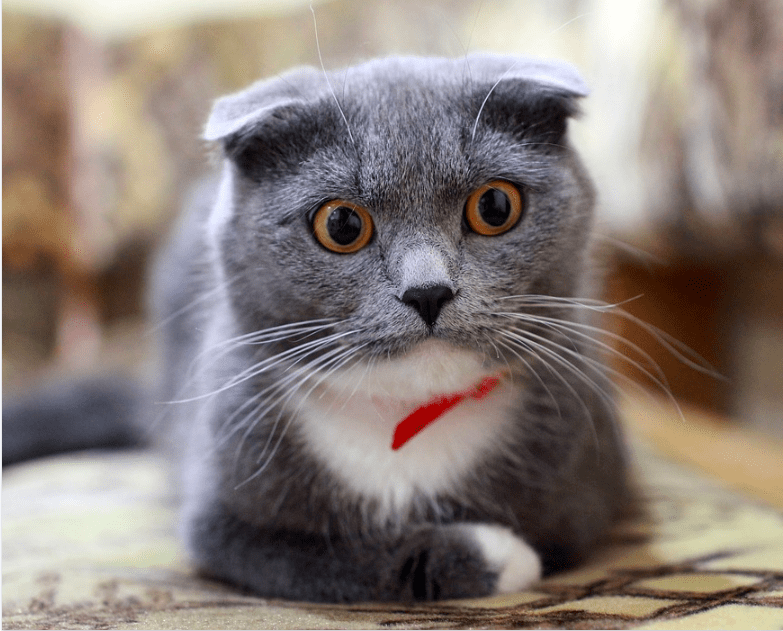Trending Now
Languages are hard, and that goes double for English – it plays fast and loose with the rules, discarding them when it wants to and clinging tight when it doesn’t. It can make it hard to know for sure what a phrase might mean, and in the cases of the 6 phrases below, they’re so often used wrong that people have kind of just accept that wrong is right.
I’m not sure any of that made sense, but hey, here are those 6 phrases you might have been using wrong for some time, not realizing it at all.
6. Slight of hand.

Image Credit: Pixabay
This one comes down to a common misspelling – if you’re talking about the “use of dexterity or cunning, especially so as to deceive,” you actually mean sleight.
5. Free reign.
As spelled above, this phrase would mean someone ruling however they please – and even though that makes sense, the phrase comes from the act of holding a horse’s reins loosely so that it can move freely.
It’s actually free rein.
4. Spitting image.

Image Credit: Pixabay
Though spitting image is used so commonly that it’s an acceptable usage, the original phrase is “spit and image,” and though its origins are unclear, most think it comes from people saying that a child looks so much like a parent that they could have spit the kid out.
The correct phrase is technically spit and image.
3. Baited breath.
Unless your breath smells like bait (ew), you’re misusing this one, which first appeared in Shakespeare’s Merchant of Venice. It’s an abbreviation of the word abated, which means “to lessen in severity of amount,” so bated breath means you’re holding your breath, basically.
You actually mean bated breath.
2. On tender hooks.

Image Credit: Pixabay
If you’ve always thought this phrase makes no sense, you’re right – the real phrase is on tenterhooks, and means “to be filled with painful or anxious anticipation.”
It’s old school, based on a device that used to hold wool clothes, called a tenter.
1. Hone in.
Even though hone in makes sense, since “hone” means “refining or perfecting something,” but the correct usage is “home in,” meaning “finding and moving directly toward something.”
You’d be better off honing your skills, and homing in on a target.
I have to say, I definitely learned a few things here!
Did you learn something new? Were you already on top of it? Let us know in the comments!






